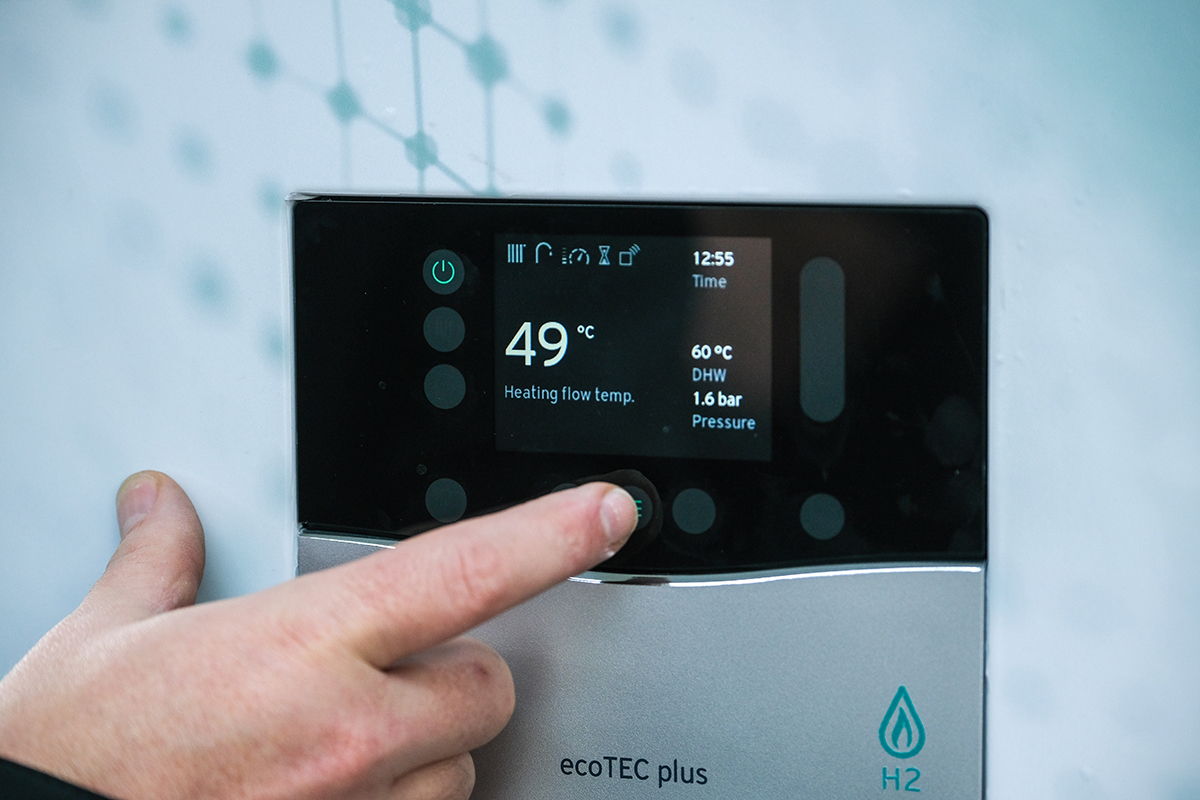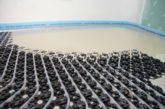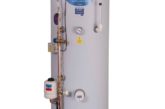
The way we heat our homes has a significant role to play in ensuring the UK meets its objective of Net Zero by 2050. With the race on to decarbonise home heating, low carbon technologies such as heat pumps offer an immediate solution, however, heat pumps might not be suitable for every home. Hydrogen offers an alternative solution that homeowners and installers alike will be keen to explore.
With trials of its first certificated 100% hydrogen boiler already firmly underway at two separate test sites in the UK, Mark Wilkins, Technologies and Training Director, at Vaillant, discusses why these demonstrations are so important, and how Vaillant is already supporting the industry to ensure a successful transition when the time for a mass roll out of hydrogen arrives.
At Vaillant, our continued investment in research and development is already seeing us create the innovative low carbon solutions that are trusted by installers and homeowners.
When it comes to hydrogen, we’ve been involved in several demonstrations, including HyDeploy, Keele University, where our boilers have been tested with up to 20% hydrogen blended with natural gas. Taking this further, we’re now part of two projects, led by DNV and Northern Gas Networks, to test the feasibility of using 100% hydrogen as a means to heat our homes and hot water, using our first certificated 100% hydrogen boilers.
H21 South Bank, Middlesbrough
Earlier this year, we installed the first of our 100% hydrogen boilers at the H21 site in South Bank, Middlesbrough.
Developed at our headquarters in Remscheid, Germany, the 100% hydrogen boiler marks an important milestone; being the first time Vaillant’s wall hung boiler has been installed outside of a laboratory and in the field. Fitted in a residential area, the installation will be used to inform on points such as controlling flammability and fitting requirements, ahead of hydrogen boilers being produced in large volumes.
Using the data and insight collected at the H21 South Bank site our team of experts will also be able to examine practicalities such as gas tightness and purging requirements, through to additional installation and commissioning needs. The results of which will be used to advise industry regulations going forward.
As well as our boiler undergoing extensive testing, analysis is also being conducted to assess the suitability of the UK’s existing gas network by utilising the underground gas pipework, left over from demolished properties – creating a ‘real world’ simulation that will help guide the transformation of the grid to 100% hydrogen.
To showcase the H21 South Bank project and the importance of this demonstration site, you can watch the videos at vaillant.co.uk/hydrogen.
Moving into HyStreet, DNV’s Spadeadam Research and Testing centre
To ensure our 100% hydrogen boiler undergoes robust testing, we have also recently installed a second appliance at DNV’s HyStreet testing facility.
The HyStreet demonstration site is made up of three purpose-built terraced homes. Here, the aim is to provide important proof points on how completely replacing natural gas with 100% hydrogen influences heating and hot water production, as well as proving its safety and understanding how the gas acts when accumulated in the home. The resulting data will inform the fuel’s credibility for a large-scale rollout in the future and feed into the move towards the first hydrogen village which is expected in 2025.
The data collected at both the HyStreet and South Bank demonstrations will play a fundamental role in our continued innovation as a manufacturer, and further develop our hydrogen offering globally. The results gathered will also advise on regulatory requirements and shape future training needs for installers too.
Giving installers a glimpse of the future
While the topic of hydrogen remains high on the agenda amongst those working in the industry, and with consumers, understandably we’re seeing an increase in the number of questions surrounding the practicalities of hydrogen as a low carbon heating solution.
To answer some of these questions and give installers a first glimpse of our 100% hydrogen boiler and the team behind its installation, we invited a number of heating engineers to visit DNV’s HyStreet demonstration site. Over the course of the day, our expert team was on hand to talk through the main differences and similarities around the installation and commissioning of the hydrogen boiler. In addition, representatives from DNV were also able to talk about how the testing and data being collected at the site will be used to inform future stages of the plans for mass rollout by 2030.
The day became the perfect forum to put wider installer questions to Steve Dixon, Vaillant’s field service support manager who installed the boilers at both South Bank and HyStreet, Paul Honeyman, head of product management at Vaillant, and Dan Allason, Head of Section – Research and Innovation, DNV, to create a short installer Q&A video that answers questions including, ‘how will hydrogen be transported?’, right through to ‘what other appliances do homeowners need to change should they switch to a hydrogen boiler in the future?’.
A special hydrogen episode of The Vaillant Podcast was also recorded live on site. Hosted by Paul Honeyman, guests on this special episode included Dan Allason from DNV, Phil Clarke and Keighton Hewer from PCL Net Zero and Grant Thomasson from For Housing.
The informative conversation explored some of the practical considerations installers and specifiers have around hydrogen. From assessing the viability of existing housing stock for hydrogen, to addressing some of the ways installers can start to get ahead with hydrogen now, the podcast offered practical advice and support which will also help inform others working in the industry too.
You can find both the podcast and installer Q&A at vaillant.co.uk/hydrogen
Training
There is no silver bullet to decarbonising the way we heat our homes and hydrogen is just one of the technologies which will play a role. However, the road map to Net Zero is now clearer than ever, and it’s important that the UK’s heating and plumbing engineers begin to invest in the training and development to support the UK’s low carbon future. At Vaillant, we have developed a blended training programme which includes both low carbon technologies, available now, such as heat pumps, together with industry courses including Vaillant’s recently launched ‘Hydrogen & the Role of Green Gas in Decarbonising Heat’.













